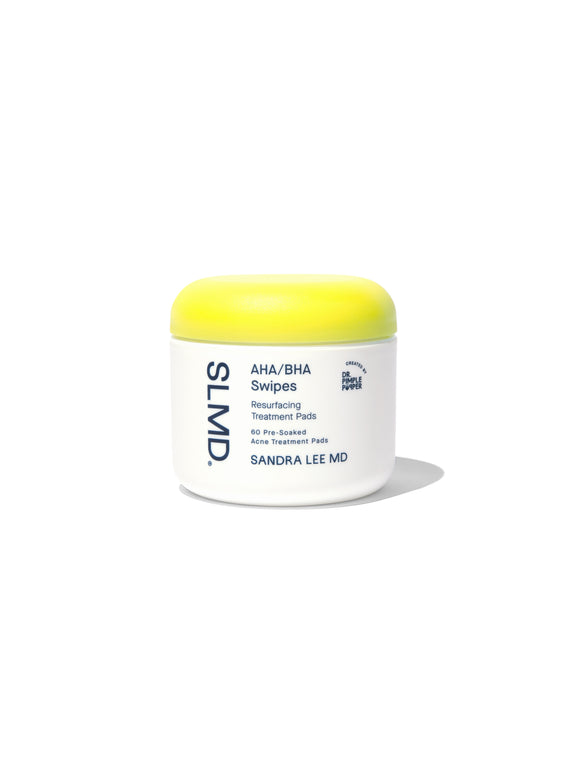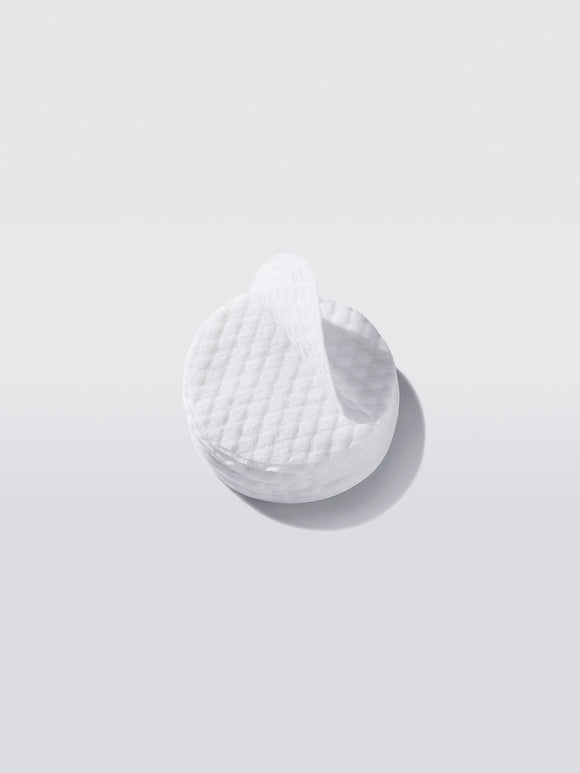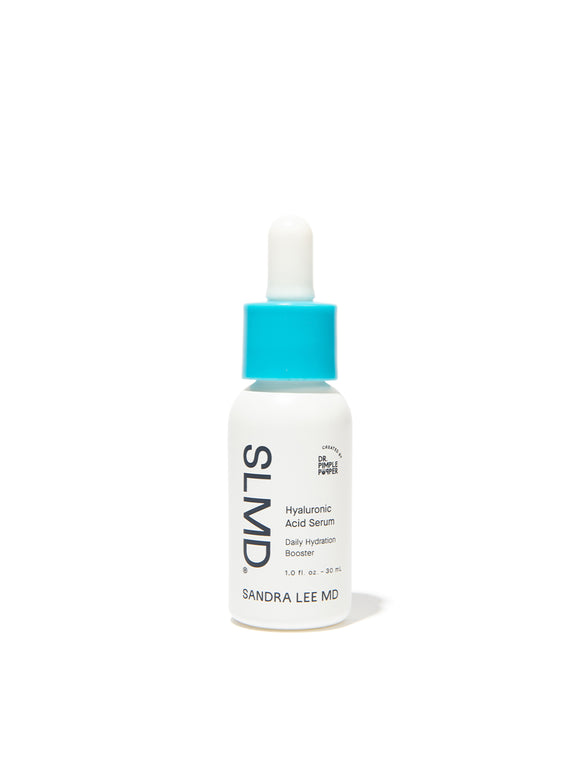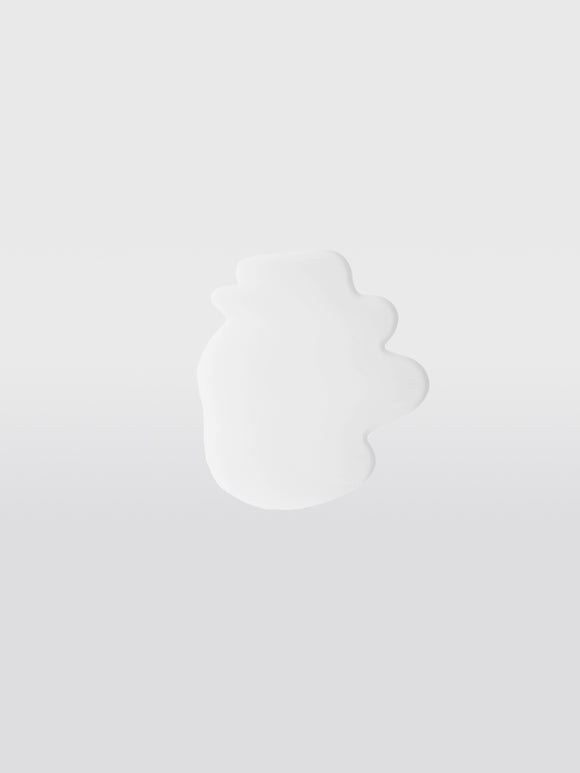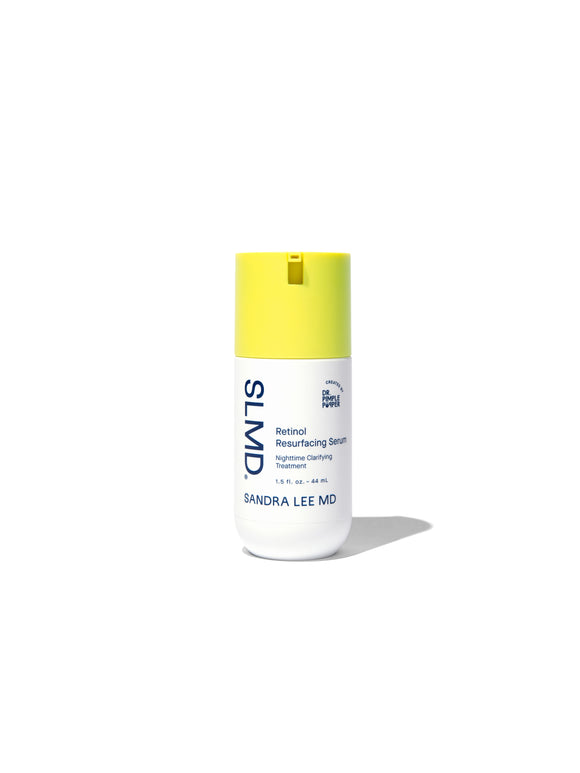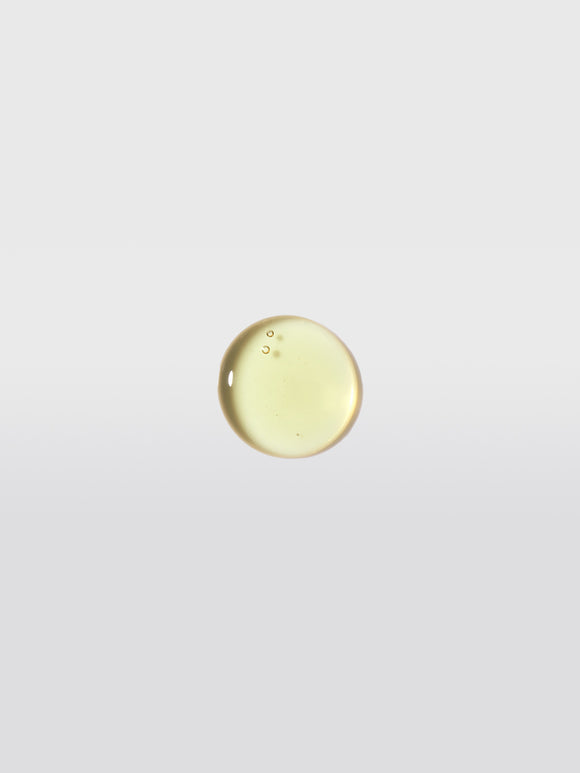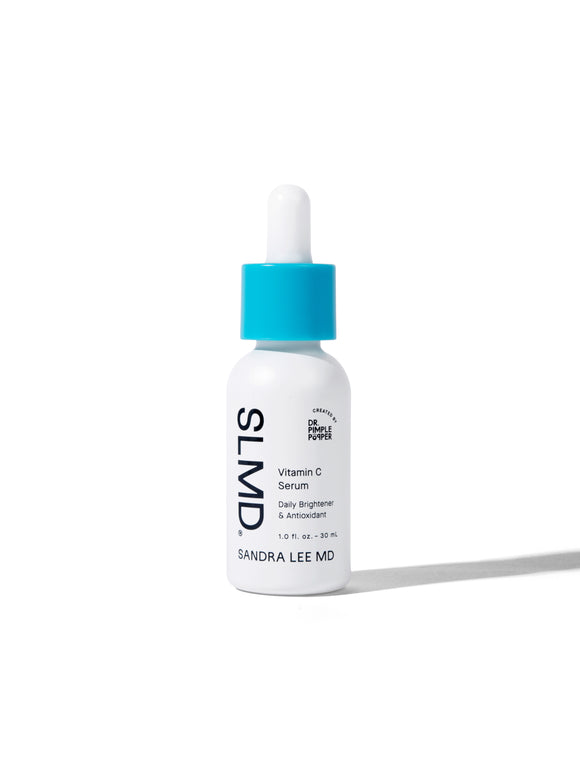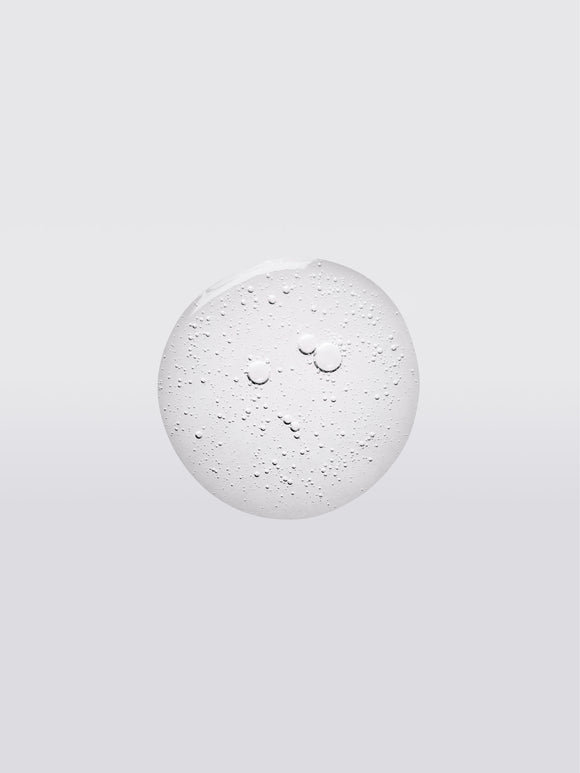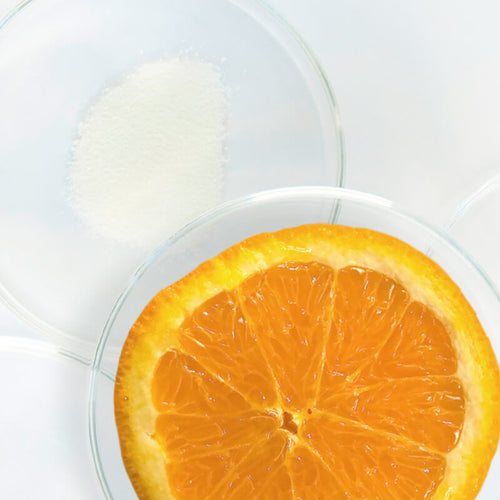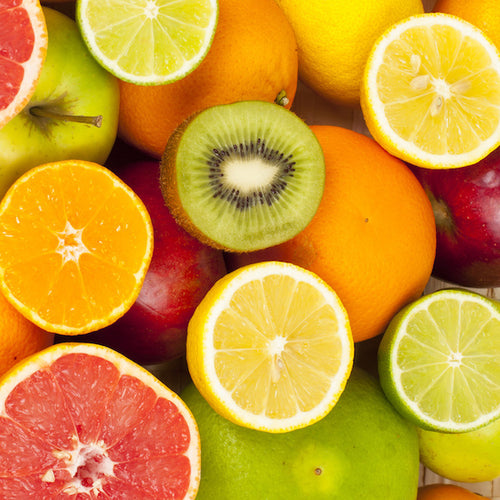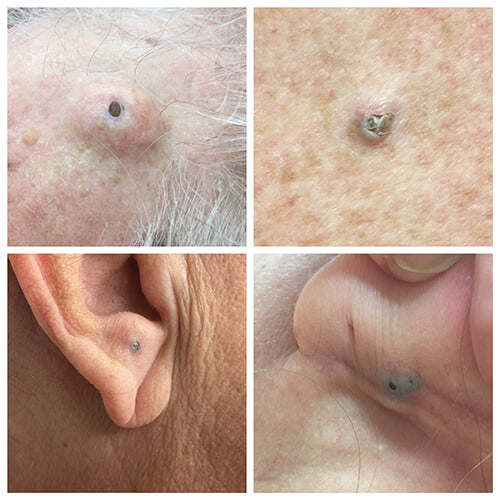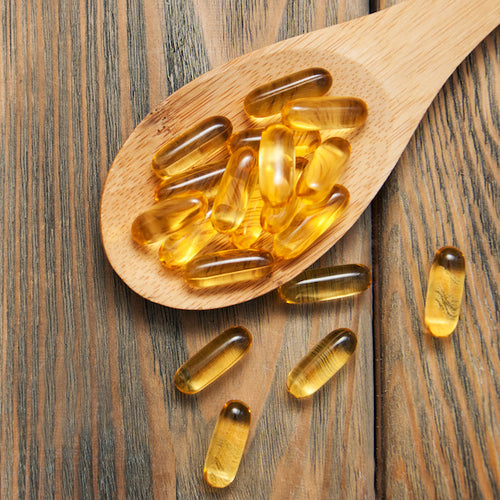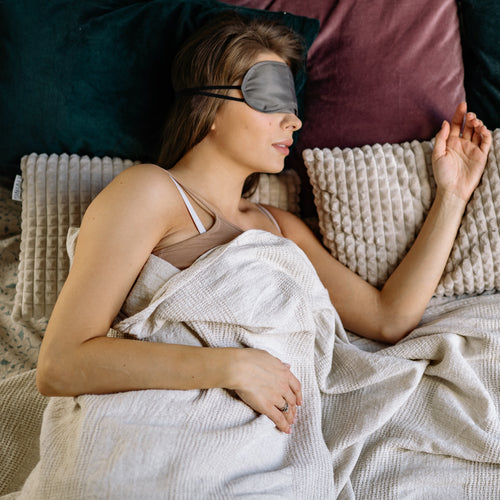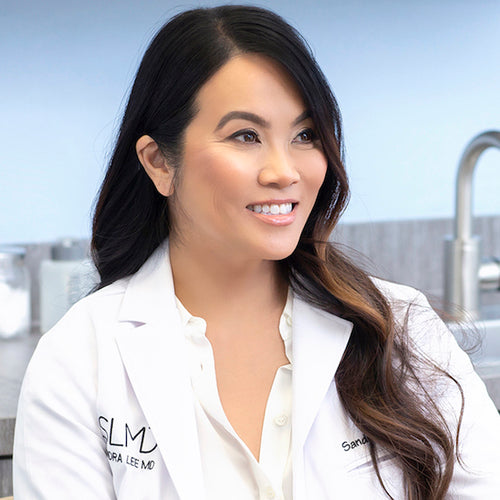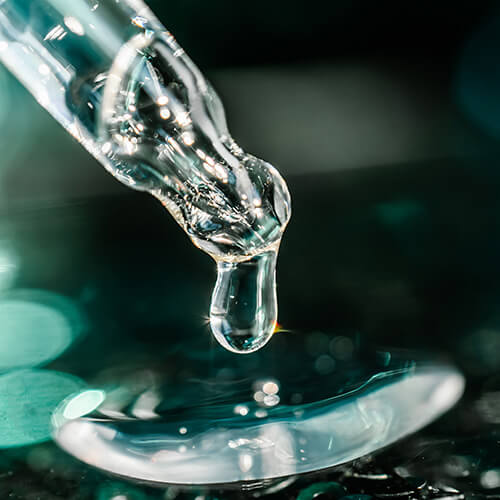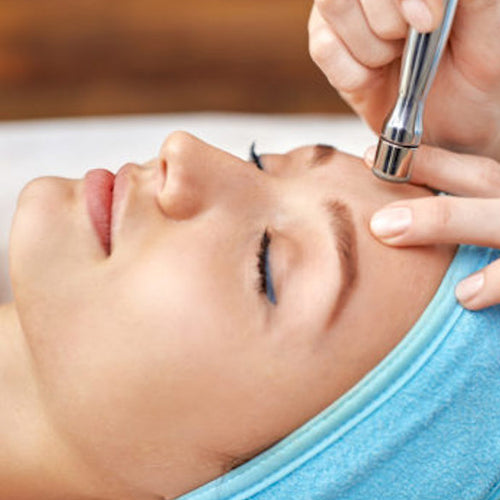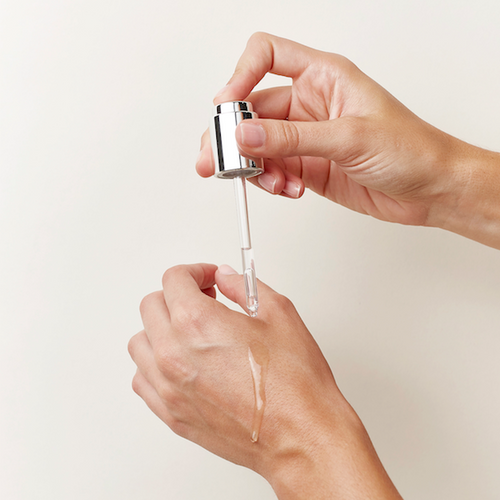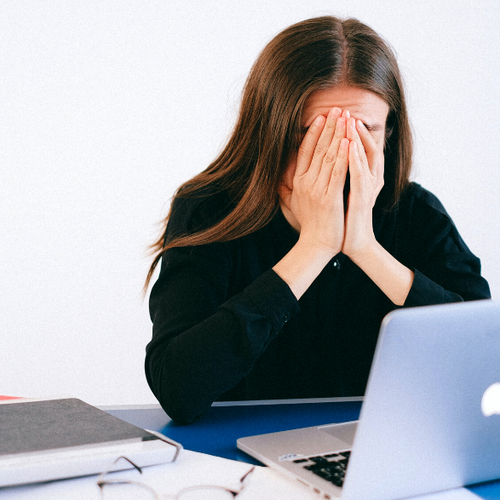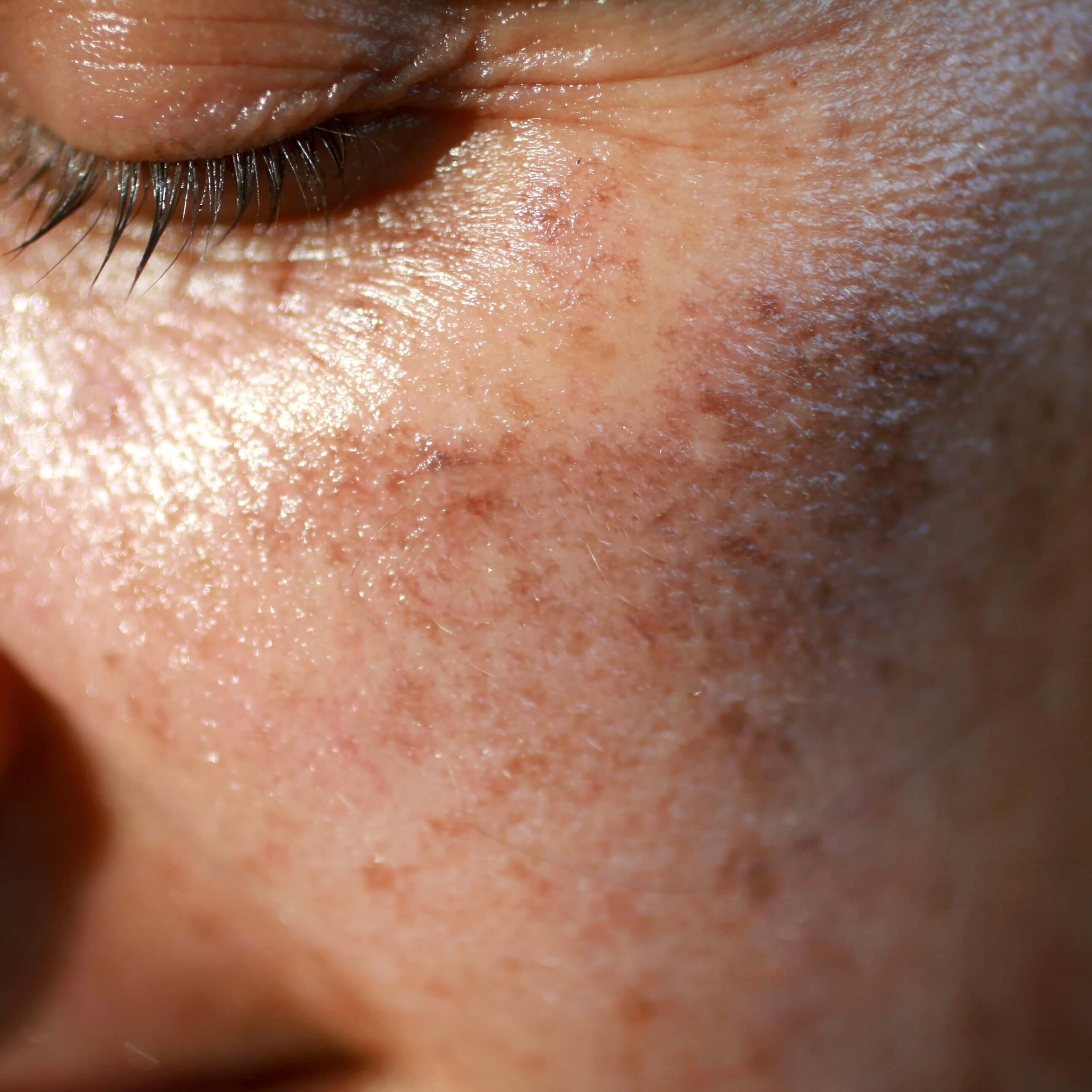
4 Ingredients You Need To Fight Signs of Aging
These are the essentials dermatologists recommend to keep your skin looking younger, longer.Published:
3 minute read
There’s a reason “anti-aging” skincare is booming business: your skin isn’t getting any younger. As early as our twenties, cell turnover begins to slow, our skin starts to thin, and levels of essential substances like hyaluronic acid, collagen and elastin drop.
While we can’t go back in time, there are things we can do to minimize signs of aging, and keep any fine lines, wrinkles, and “wisdom spots'' from becoming more noticeable. And the earlier you start, the better.
Here are the top four anti-aging skincare ingredients our founder and board-certified dermatologist, Dr. Sandra Lee (aka Dr. Pimple Popper), recommends to keep you looking and feeling your youngest.
Hyaluronic Acid
Typically we think of skincare acids as ingredients that exfoliate or peel the skin. But this isn’t the case with hyaluronic acid, which is technically an acid (because its pH is below neutral 7) but it doesn’t work like AHAs or BHAs. Naturally produced by our bodies, this humectant is known for keeping us looking young and youthful.
Hyaluronic acid draws moisture in from the air and from deeper layers within the skin, plumping up and hydrating the epidermis. This is important for signs of aging because the less hydrated your skin is, the more it tends to sag and lose its structure. Hyaluronic acid is the ingredient responsible for plumping up lips and wrinkles in injectable dermal fillers.
As a topical ingredient, it’s widely available over the counter, typically in moisturizers and serums. It can plump up fine lines and give skin a dewy-looking glow.
Try: SLMD Hyaluronic Acid Moisturizer, Hyaluronic Acid Serum, Vitamin C Serum.
Dr. Pimple Popper's Anti-Aging Picks
Retinol
Part of a class of substances called retinoids, retinol is a derivative of Vitamin A that regulates skin cell turnover and slows down the breakdown of collagen. Retinol works in a similar way to exfoliants, helping to prevent the buildup of dead skin cells and encourage newer, younger cells to appear on the surface. This helps to lessen imperfections, hyperpigmentation, and even dark spots and wrinkles.
Retinol can cause some irritation — like peeling, flaking, or redness — during the first few weeks of use. Using it together with a moisturizer that contains hyaluronic acid can help mitigate these potential side effects. Retinol is best used at night, because that’s when skin is regenerating, and because it’s inactivated by sunlight.
Although you may see results within a month or so, full results of using retinol can take about a year to appear.
Try: SLMD Retinol Resurfacing Serum
Antioxidants: Kojic Acid & Vitamin C
To reduce the look of age spots, Dr. Lee recommends antioxidants like kojic acid. This antioxidant has been around for centuries, originally discovered during the sake brewing process in Japan. It helps protect skin from environmental damage, including UV radiation.
In general, antioxidants work by chemically reacting with free radicals — molecules created when our skin is exposed to the sun, environmental factors like pollution, and the waste products of everyday cell metabolism. Antioxidants attach to these damaging free radicals and neutralize them, preventing DNA and other cellular damage that lead to signs of aging like sagging dark spots.
Try: SLMD Dark Spot Fix, AHA/BHA Swipes, Vitamin C Serum.
Sunscreen
According to Dr. Lee, wearing (and reapplying!) SPF daily is probably the single best thing you can do to prevent your skin from aging prematurely. We’ve covered exactly what UV radiation exposure does to your skin over time, but in a nutshell, we’re talking about problems like:
- Hyperpigmentation (dark spots)
- Collagen and elastin breakdown (wrinkles/sagging)
- DNA damage (skin cancer)
Since extrinsic aging (aka aging caused by the environment) happens over the course of a lifetime, using sunscreen every day — even if you're indoors, or it’s cloudy out — will help keep your skin looking youthful, longer.
Try: SLMD Dual Defender

Dr. Lee's Last Word
Aging isn’t something to be afraid of…but I do encourage everyone to take care of their skin, because keeping it healthy is important to your overall health. Looking younger is just a bonus!



